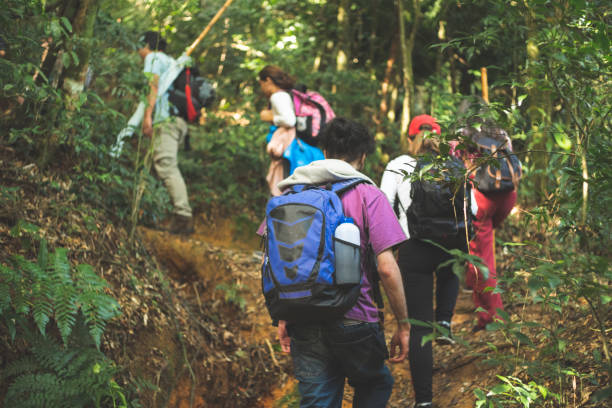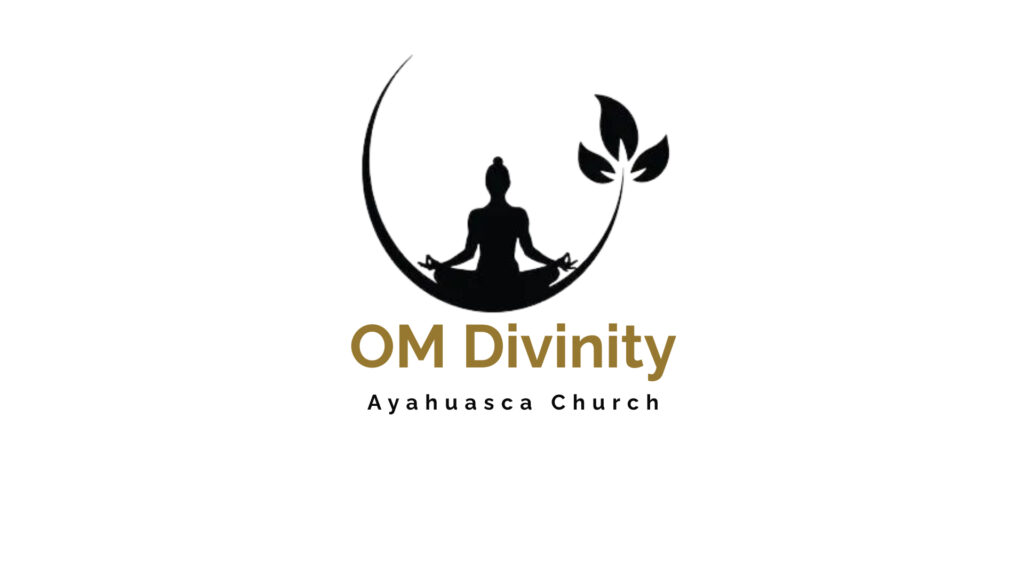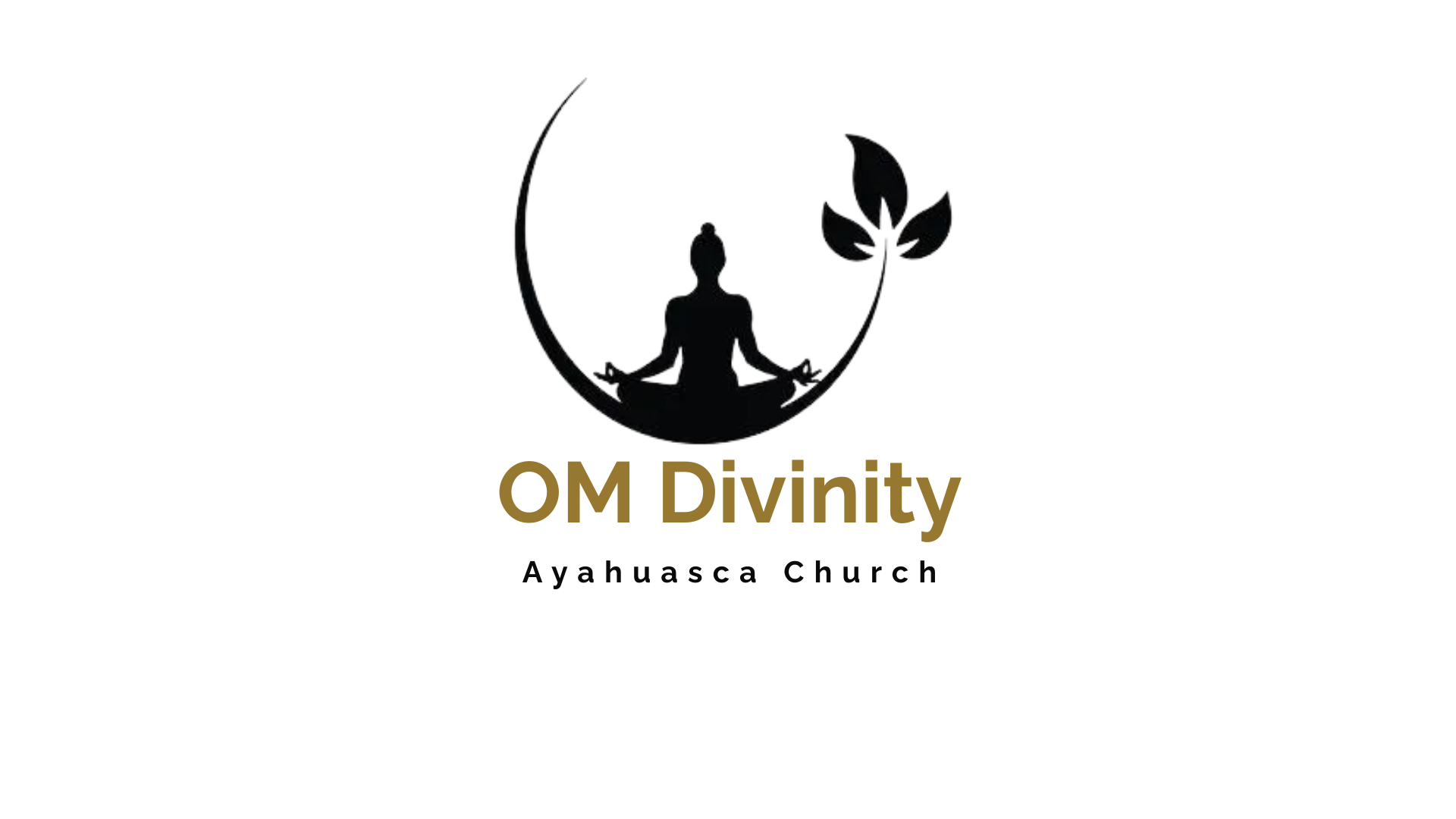Introduction
The Allure of Mindfulness Retreats
Mindfulness retreats possess an enchanting allure that beckons seekers of inner peace and self-discovery. They offer a haven of serenity, where the clamor of modern life fades into the background, and the opportunity to explore one’s inner landscape takes center stage.
The Promise of Tranquility
Within the embrace of mindfulness retreats lies the profound promise of tranquility. These sanctuaries of mindfulness offer a respite from the constant rush of daily existence. They hold the potential for deep relaxation, emotional healing, and the restoration of inner equilibrium.
Overview of the Article’s Content
In this article, we embark on a journey to explore the world of mindfulness retreats in Atlanta. We will uncover the transformative power of these retreats, the benefits they offer, and how to choose the right one for your needs. Additionally, we will delve into the practical aspects of preparation, daily routines, and life after the retreat, guiding you through this path to serenity and self-discovery.
Understanding Mindfulness

Defining Mindfulness
Mindfulness is the practice of being fully present and engaged in the moment, without judgment. It involves paying focused attention to your thoughts, sensations, and emotions as they arise. This heightened awareness allows you to observe your inner world with clarity and acceptance, fostering a sense of inner peace and self-compassion.
The Roots of Mindfulness Practice
The roots of mindfulness practice can be traced back to ancient Eastern traditions, particularly Buddhism. It has been a fundamental aspect of these traditions for centuries, used as a tool for spiritual growth and self-realization. Over time, mindfulness has evolved and found its way into various secular contexts, making it accessible to people of diverse backgrounds.
The Science Behind Mindfulness
In recent decades, scientific research has shed light on the profound impact of mindfulness on the brain and overall well-being. Studies have shown that regular mindfulness practice can lead to changes in the brain’s structure and function, enhancing areas responsible for attention, emotional regulation, and empathy. Additionally, mindfulness has been linked to reduced stress, improved mental health, and increased overall life satisfaction, making it a valuable tool for modern living.
Benefits of Mindfulness Retreats

Cultivating Inner Peace
Mindfulness retreats offer a sanctuary for nurturing inner peace. Through meditation and self-reflection, participants tap into a profound sense of calm and tranquility, fostering a deeper connection with themselves.
Stress Reduction and Relaxation
These retreats provide a haven for stress reduction and relaxation. The practices of mindfulness and deep breathing help participants release tension, unwind, and rejuvenate both mentally and physically.
Enhanced Emotional Well-being
Mindfulness retreats are known for enhancing emotional well-being. Participants learn to navigate their emotions with greater clarity, experiencing reduced anxiety and improved emotional resilience.
Improved Focus and Concentration
Attending a mindfulness retreat can significantly boost focus and concentration. Mindful practices sharpen mental clarity, making it easier to engage fully in daily tasks and responsibilities.
Mindful Eating and Nutrition
Mindfulness extends to the plate, teaching participants the art of mindful eating. By savoring each bite and making conscious food choices, individuals develop a healthier relationship with nutrition.
Exploring Mindfulness in Nature
Many mindfulness retreats incorporate nature into their programs. Participants have the opportunity to connect with the natural world, fostering a deep sense of interconnectedness and wonder.
Choosing the Right Mindfulness Retreat
Location and Setting
Selecting the perfect mindfulness retreat starts with considering the location and setting. Think about whether you prefer a serene countryside escape, a tranquil beachfront, or an urban oasis. The surroundings should resonate with your inner journey.
Duration and Intensity
The duration and intensity of a retreat are crucial factors. Shorter retreats offer a taste of mindfulness, while longer ones provide a deeper immersion. Consider your level of experience and the time you can commit to find the right balance.
Retreat Leaders and Instructors
The expertise and guidance of retreat leaders and instructors play a pivotal role. Research their backgrounds and teaching styles. Seek those whose approach aligns with your goals and preferences for a meaningful experience.
Retreat Schedules and Activities
Examine the retreat schedules and activities to ensure they match your expectations. Some retreats may focus more on meditation, while others incorporate mindful movement, nature walks, or creative workshops. Find a schedule that resonates with your interests.
Retreat Size and Community
The size of the retreat group can significantly impact your experience. Smaller groups often foster closer connections, while larger ones offer diversity. Reflect on whether you prefer an intimate setting or a more expansive community to share your journey with.
Preparing for a Mindfulness Retreat

Mental Preparation
Preparing your mind is essential. Reflect on your intentions and what you hope to gain from the retreat. Embrace an open mindset, ready to explore and learn. Let go of expectations and judgments, allowing yourself to fully engage in the retreat’s experience.
What to Pack for a Retreat
Pack mindfully, focusing on essentials. Comfortable clothing suitable for yoga and meditation is a must. Don’t forget a journal for reflections. Leave behind distractions like electronic devices. Keep it simple to create space for the retreat’s essence.
Setting Intentions
Set clear intentions for the retreat. What do you want to achieve? Whether it’s inner peace, stress relief, or self-discovery, articulate your goals. Intentions guide your journey and help you stay focused on your purpose.
Pre-Retreat Mindfulness Practices
Prepare your heart and mind with pre-retreat mindfulness. Engage in brief meditation sessions or mindful breathing exercises. These practices help you arrive at the retreat with a calm and centered presence, ready to immerse yourself in the experience.
Daily Routine at a Mindfulness Retreat
Morning Meditation
In the tranquil embrace of dawn, retreat participants gather for morning meditation. With closed eyes and focused breath, they embark on a journey into stillness. The soft murmur of guided meditation fills the air, guiding minds toward inner serenity.
Mindful Eating
Mealtime at the retreat is a sacred practice. Participants engage in mindful eating, savoring each bite with full presence. The clinking of utensils becomes a symphony of awareness as nourishment meets gratitude.
Yoga and Mindful Movement
The body awakens with gentle yoga and mindful movement sessions. Participants stretch, bend, and flow, syncing their physicality with the rhythm of the breath. Each posture is a meditation in motion, fostering harmony between body and spirit.
Guided Mindfulness Sessions
Throughout the day, guided mindfulness sessions offer moments of reflection and insight. Participants gather for group meditations, cultivating
Challenges and Rewards
Common Challenges During a Retreat
While on the path to mindfulness, retreatants often encounter challenges. Distractions may interrupt moments of serenity, and the mind can be restless. Silence may feel daunting at times, and discomfort can arise during long periods of meditation. These common challenges are part of the transformative journey.
Overcoming Obstacles
Overcoming obstacles is an integral aspect of mindfulness retreats. Retreatants learn to embrace distractions and return to the present moment. They discover resilience in the face of restlessness and discomfort. Through guidance and practice, obstacles become stepping stones to greater awareness.
The Profound Rewards of Mindfulness Retreats
Mindfulness retreats offer profound rewards. Participants experience inner peace, heightened self-awareness, and a deeper connection with themselves and others. They carry the gift of mindfulness into daily life, fostering emotional resilience, improved focus, and a profound sense of well-being. The rewards of retreats extend far beyond their serene boundaries.
Life After the Retreat
Integrating Mindfulness into Daily Life
After experiencing the serenity of a mindfulness retreat, the real journey begins—bringing mindfulness into your daily life. You’ll learn to infuse moments of presence into everyday activities, whether savoring your morning coffee or fully engaging in conversations. The key is to carry the retreat’s mindfulness teachings into your routines, allowing each moment to become an opportunity for awareness.
Maintaining a Mindfulness Practice
Maintaining a consistent mindfulness practice post-retreat is essential. Set aside time daily for meditation or mindful reflection. Whether a few minutes of deep breathing or a longer formal practice, nurturing mindfulness keeps the retreat’s benefits alive. It helps anchor your sense of tranquility amid life’s demands.
Seeking Mindfulness Resources and Communities
Connecting with like-minded individuals and resources can further enhance your mindfulness journey. Join local mindfulness groups or online communities. Explore books, podcasts, or apps that deepen your understanding. These connections and tools provide ongoing support, ensuring that your retreat’s insights continue to flourish in your life.
A typical day at a mindfulness retreat includes morning meditation, mindful eating, yoga, guided mindfulness sessions, nature walks, and evening reflections designed to deepen your practice and inner connection.

Frequently Asked Questions (FAQs)
What is mindfulness, and how does it work?
Mindfulness is a practice of being fully present in the moment, fostering awareness of thoughts, emotions, and sensations without judgment. It works by cultivating a deep connection to the present, promoting emotional balance and clarity.
What are the benefits of attending a mindfulness retreat?
Attending a mindfulness retreat offers numerous benefits, including stress reduction, enhanced emotional well-being, improved focus, and the opportunity to explore mindfulness in a dedicated and immersive setting.
How do I choose the right mindfulness retreat for me?
Choosing the right mindfulness retreat involves considering location, duration, retreat leaders, schedules, and community size, aligning them with your preferences and goals.
What can I expect during a typical day at a mindfulness retreat?
A typical day at a mindfulness retreat includes activities like morning meditation, mindful eating, yoga, guided mindfulness sessions, nature walks, and evening reflections designed to deepen your practice and inner connection.
Are there any prerequisites or experience needed to attend a retreat?
Most mindfulness retreats welcome participants of all levels, including beginners. No prior experience is typically required, as instructors provide guidance and support throughout the retreat.
How can mindfulness be integrated into daily life after a retreat?
Integrating mindfulness into daily life after a retreat involves practicing mindfulness in everyday activities, setting intentions, and maintaining a regular meditation practice to carry the benefits forward.
Are mindfulness retreats suitable for everyone?
Mindfulness retreats are generally suitable for most individuals. However, it’s essential to consider personal needs and consult with retreat organizers if you have specific concerns or requirements.
What should I bring to a mindfulness retreat?
While requirements may vary, it’s advisable to bring comfortable clothing, a meditation cushion or mat, personal items, and an open mind. Retreat organizers often provide detailed packing lists.
Can mindfulness help with specific mental health issues?
Mindfulness has been shown to be effective in managing various mental health issues, such as anxiety, depression, and stress. It can complement conventional treatments and support emotional well-being.
What are some mindfulness practices for beginners?
Mindfulness practices for beginners may include breath awareness, body scans, and basic meditation techniques. These serve as foundational steps toward developing a mindfulness practice.
Useful links
Learn About The Power of Spiritual Healing.
Transformative Ayahuasca Retreats in USA | Healing & Growth, Learn more.
Authentic Ayahuasca Retreats in Texas – OM Divinity Ayahuasca Church, Learn More.
Transform Your Life at OM Divinity Church – Ayahuasca Retreats in Florida. Learn more.



